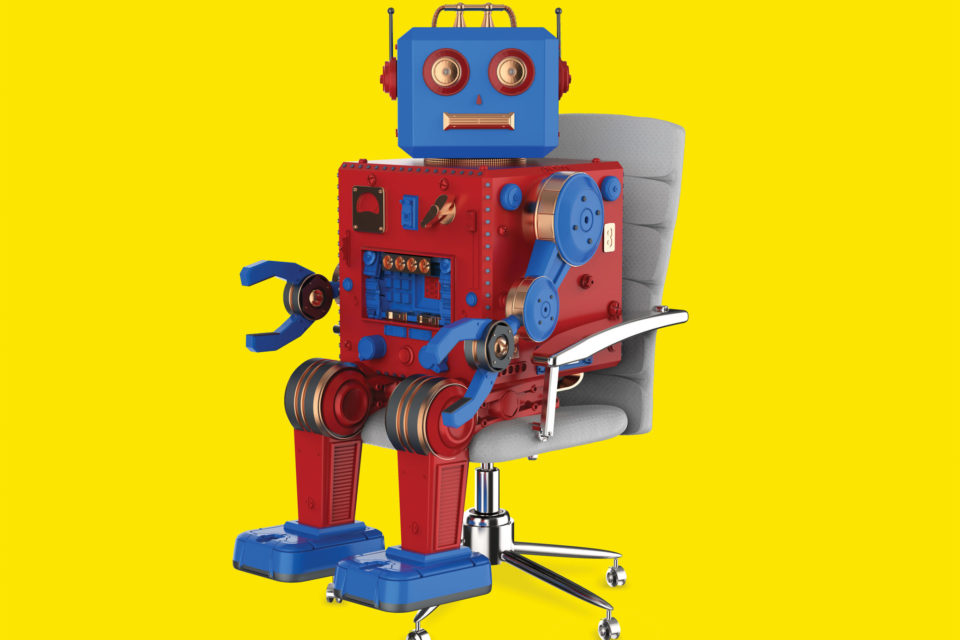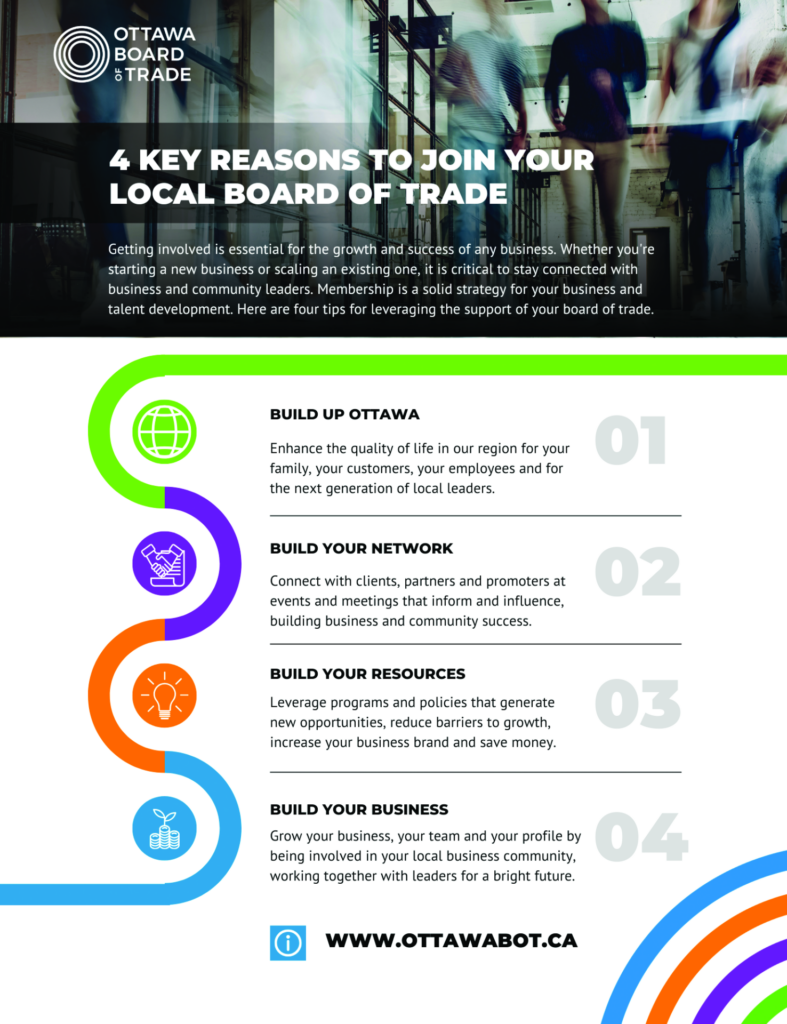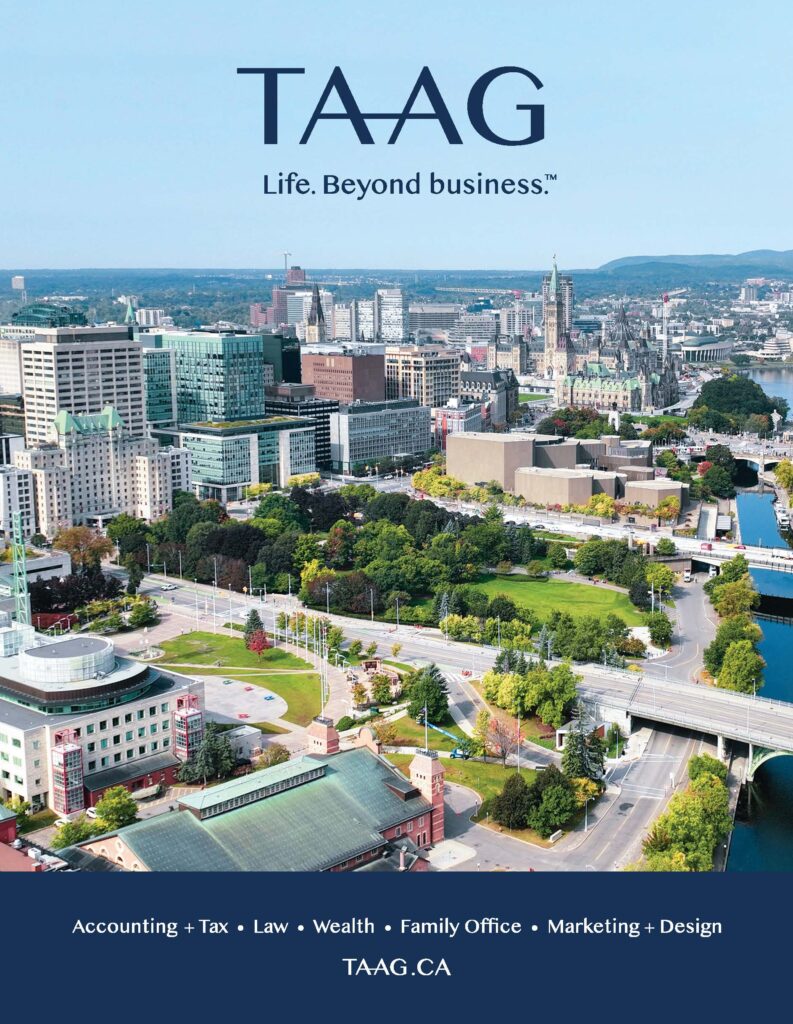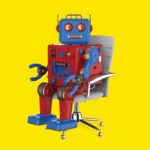Practice-based Learning for the New World of Work

The University of Ottawa’s Telfer School of Management is in the business of developing the managers of tomorrow. Like many business schools, it finds itself at a time in history in which change is happening so quickly, the School must move just as quickly to adapt.
“Given all the changes going on with artificial intelligence and machine learning for example, the question for us is: What does that future organization look like and how will our managers maintain the level of performance they want in these organizations?” says Gregory Richards, Interim Director of the Executive MBA at the Telfer School of Management.
It’s a big question, and one Telfer is tackling head-on.
“The strength of the Executive MBA program is practice-based learning,” Richards says. “We teach the basic concepts that you’d expect in an MBA program, but they’re wrapped around six real-life consulting projects in which our candidates are working with managers dealing with new realities. Some recent projects, for example, included anticipating the impact of driverless vehicles on parking requirements and examining automated document analysis.”
The program’s professors ensure that concepts such as artificial intelligence, diversity and inclusiveness, and ethics are included in class discussions.
“ One of our courses that addressed business intelligence and analytics is now adding artificial intelligence (AI), Robotic Process Automation and digital transformation,” Richards says.
He notes that one of the things that’s important in organizations today—whether government, non-profit or the corporate sector—is innovation and entrepreneurial thinking.
“Even the federal government has a program for supporting entrepreneurial thinking and initiatives,” he says. “And our students do real consulting projects that deal specifically with the notions of entrepreneurship and innovation either for start-ups or within large complex organizations.”
He said one of the “elephants in the room” is automation of processes that might lead to some jobs changing and other jobs being replaced.
“As a manager, automation offers resources I can use,” he says. “But what happens to the humans in the process? Do I need to think about retraining or do I need to think about outsourcing some of these tasks? AI and machine learning will become more sophisticated. Managers need to understand how to use these technologies on the one hand, but also understand the implications for the organization.”
Richards says it’s important for institutions that teach management to address the key levers that influence the evolving world of work.
“It’s important so that we can ensure employees aren’t feeling as though they’re being supervised by big brother or subject to a production-line mentality. If you think about AI as automating cognitive work, what impact does that have on people? And what would it do to the process of management? Our practice-based approach immerses students in this evolving world to hone their ability to tackle these types of questions.”























